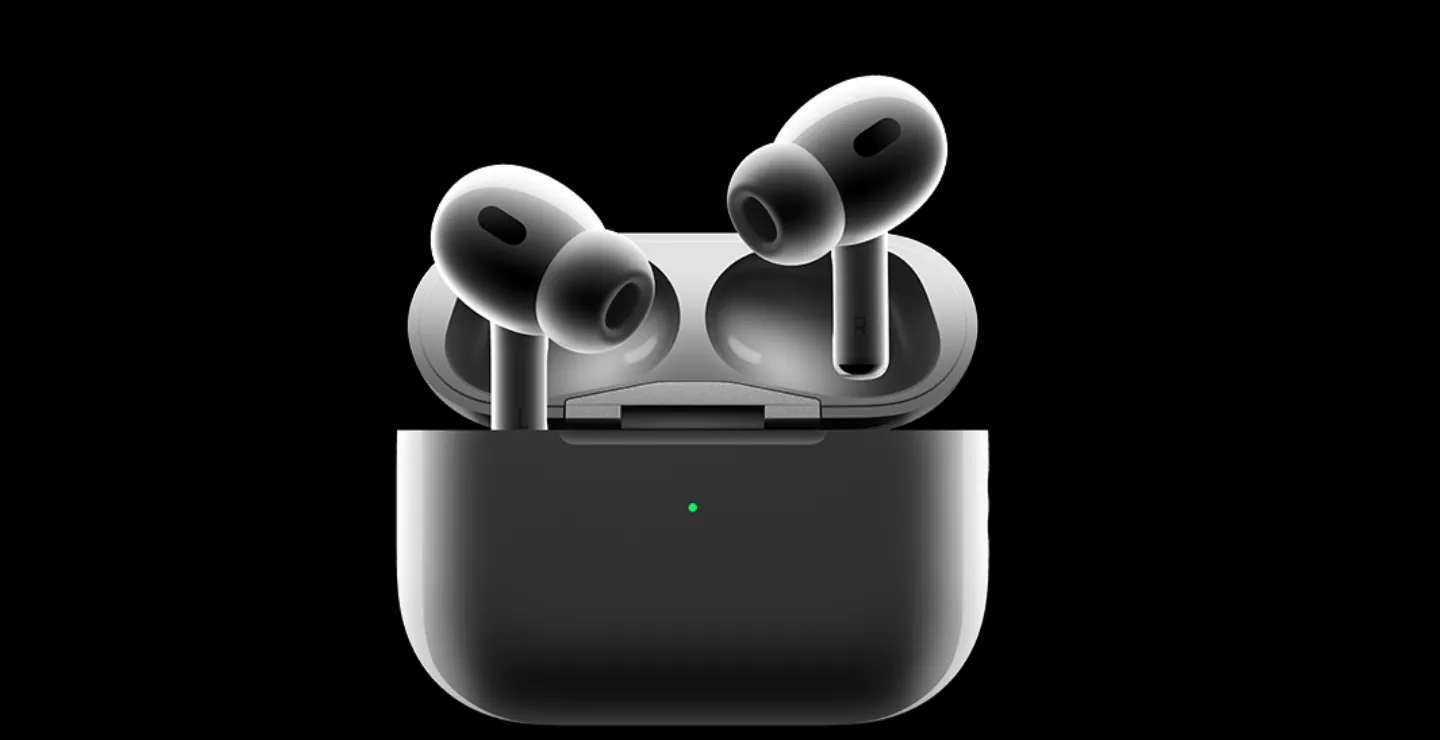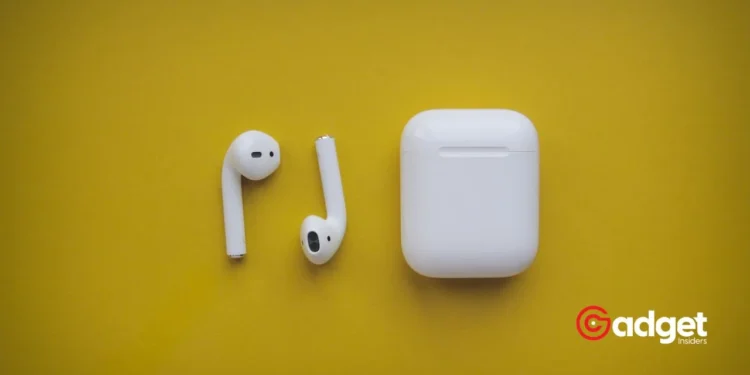Apple’s sleek, wireless AirPods have revolutionized the way we listen to music and interact with our smart devices. Launched in 2016, these tiny audio marvels quickly became a symbol of tech-savvy sophistication. However, beneath their glossy exterior lies a troubling issue: they are a leading contributor to electronic waste (e-waste), largely due to their design which mandates frequent replacements.

The Disposable Design of AirPods
AirPods are a prime example of a design philosophy that could be seen as inherently wasteful. Their compact form factor includes non-replaceable lithium-ion batteries that degrade over time.
According to industry reports, AirPods are often unusable after just 18 months due to their inability to hold a charge.
This short lifespan is a significant departure from earlier generations of headphones, which boasted years of usability.
Each AirPod is assembled with its components glued together, making any attempt at repair or battery replacement a near-impossible task without causing further damage. This design choice effectively renders AirPods disposable once their battery life ends.

A Tidal Wave of E-Waste
This disposability has serious environmental implications. Over 400 million units of AirPods have been sold, contributing to an ever-increasing stream of e-waste, a category growing faster than any other type of waste.
The U.S. alone generates approximately 6.9 million tons of e-waste annually, much of it filled with gadgets that are discarded due to being designed for a limited lifespan rather than longevity.
Electronic waste not only clutters our landfills but also poses severe environmental hazards. Components of e-waste like lead and mercury can leach into the soil, contaminating groundwater and posing health risks to wildlife and humans alike.
Apple making a short-sighted product😲, I'm so surprised /s https://t.co/KMRLWYzvMp
— Naeem Moose (@NaeemMoose) April 22, 2024
The Ethical Responsibility of Tech Giants
As a leader in technology, Apple ignited the market trend towards wireless and rechargeable earbuds. This move has prompted many other companies to follow suit, amplifying the issue of e-waste. With the tech giant’s influence in the market, it holds a significant responsibility to lead in sustainability as well.
Apple’s recent decision to eliminate the headphone jack in iPhones further cements the company’s commitment to wireless audio solutions. This makes it all the more imperative for Apple to consider the environmental impact of its products.
The company is well-positioned to pioneer innovations that could increase the lifespan and repairability of its devices.

A Call for Sustainable Innovation
It is time for Apple and similar tech companies to rethink their product designs in favor of sustainability. The demand for durable and repairable devices is not just a niche market trend but a global call to reduce e-waste and its associated environmental damage.
Consumers are becoming increasingly aware of the environmental costs associated with their electronic devices. In response, they are urging companies like Apple to take meaningful steps toward products that are as friendly to the planet as they are to consumers.
As we look to the future, let’s advocate for devices that sustain both our digital lives and the world around us.










